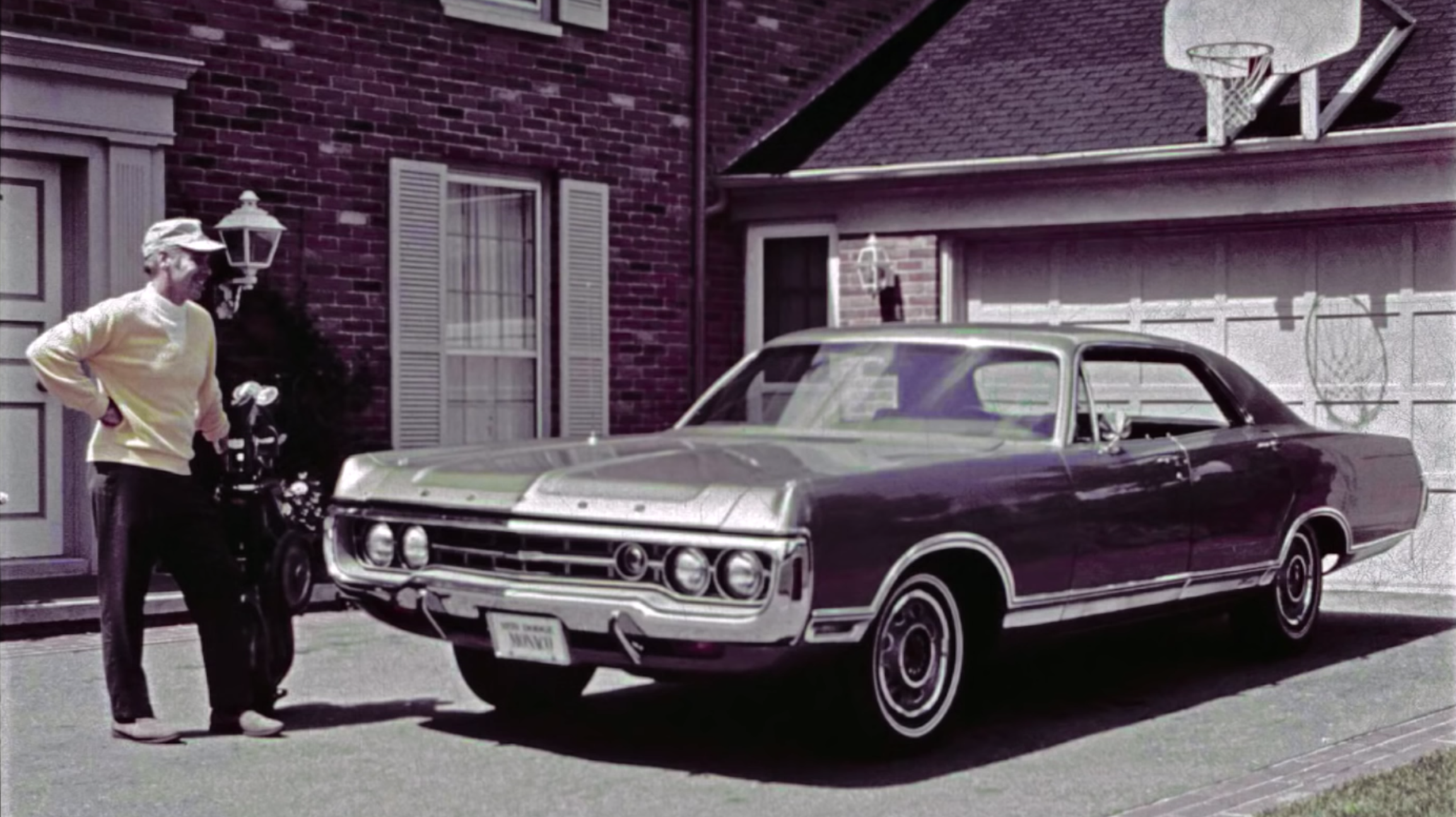Dodge Wanted To Sell The '70 Monaco To Real, Natural Customers Who Had Real, Natural Conversations
If you're a car salesperson, you've got to know your product cold. You can't be blindsided by questions about color combinations and trim levels. But you also need to know something else. Something even more important. If you want to sell some 1970 Dodge Monacos, you better know your customer too.
To get their salespeople prepped for the 1970 Monaco, Chrysler put together this video (really a slide show accompanied by music and voiceover) to help identify Jason Blake, the prototypical Monaco buyer, his friends, and his weekend leisure lifestyle while also hammering home all the details that salespeople need to know.
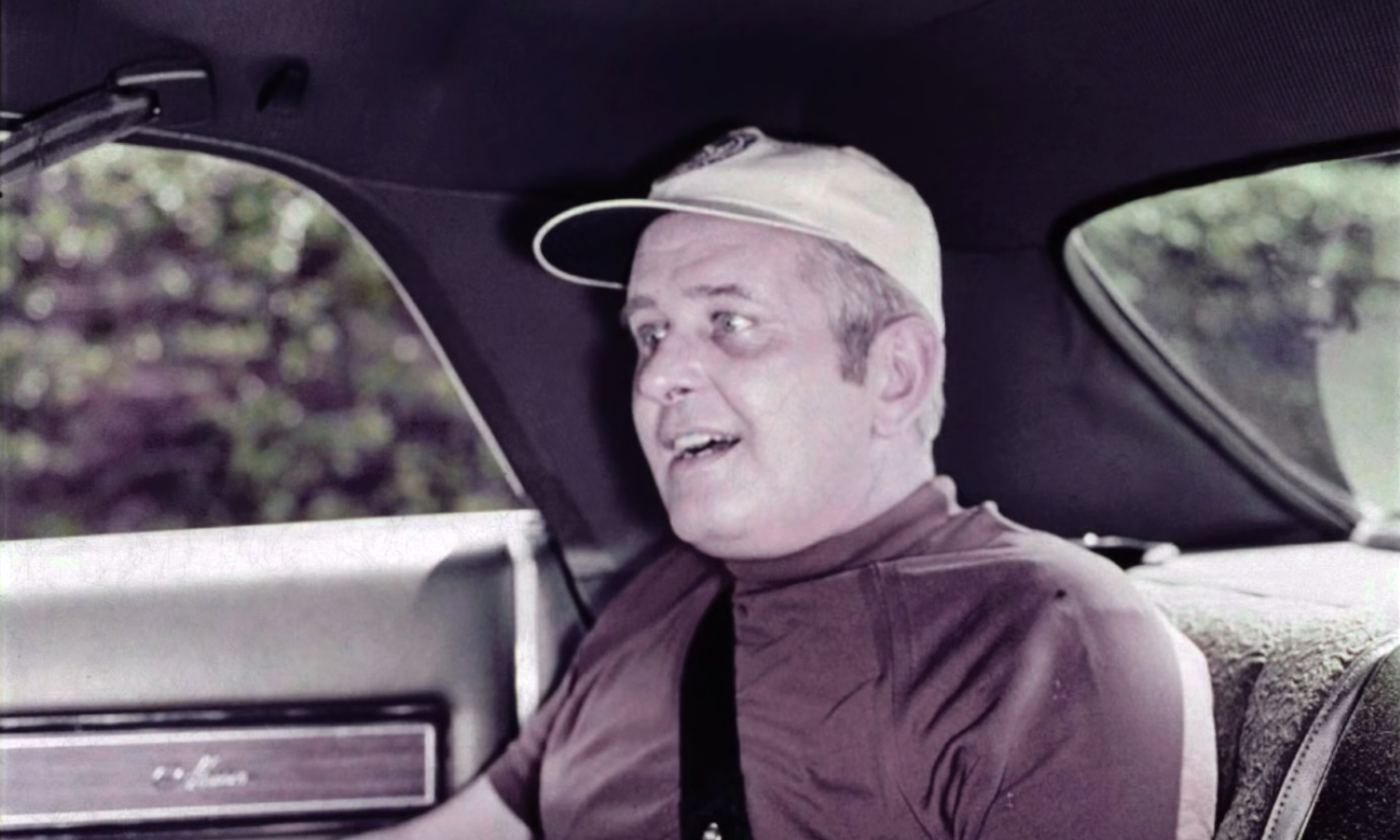
In the film, Jason takes the Monaco out to pick up his friends for a round of golf and sure enough, everyone can't stop talking about all of the incredibly features his new Dodge has, particularly the car's torsion bars and leaf springs.
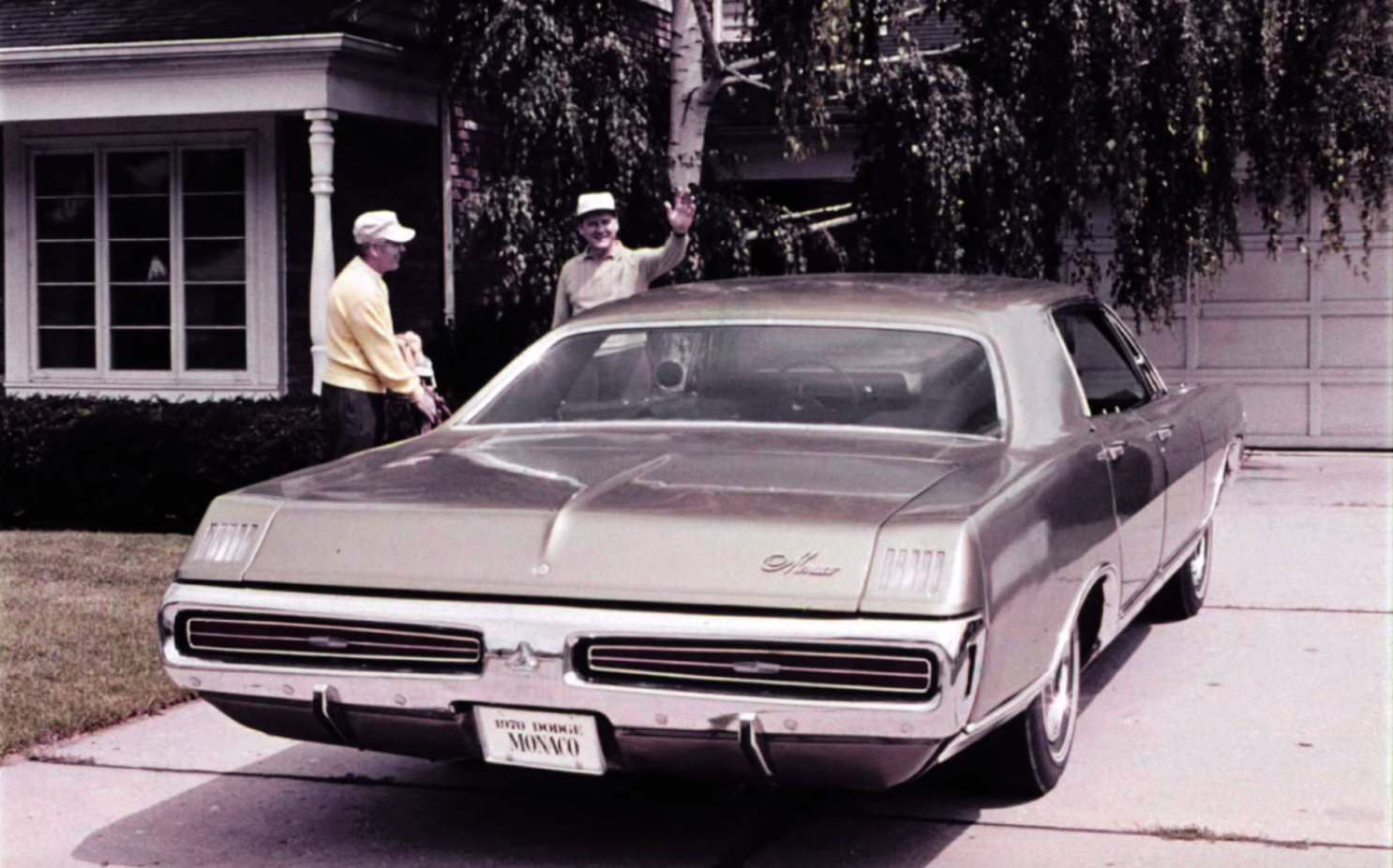
Of course, these conversations sound totally natural. There's nothing weird about knowing every detail about the fiberglass-belted tires that came standard with your new car and volunteering that information unprompted, or listing off the optional transmissions that you didn't select. All of that is pretty standard, I'd say. Totally normal conversation. Right?
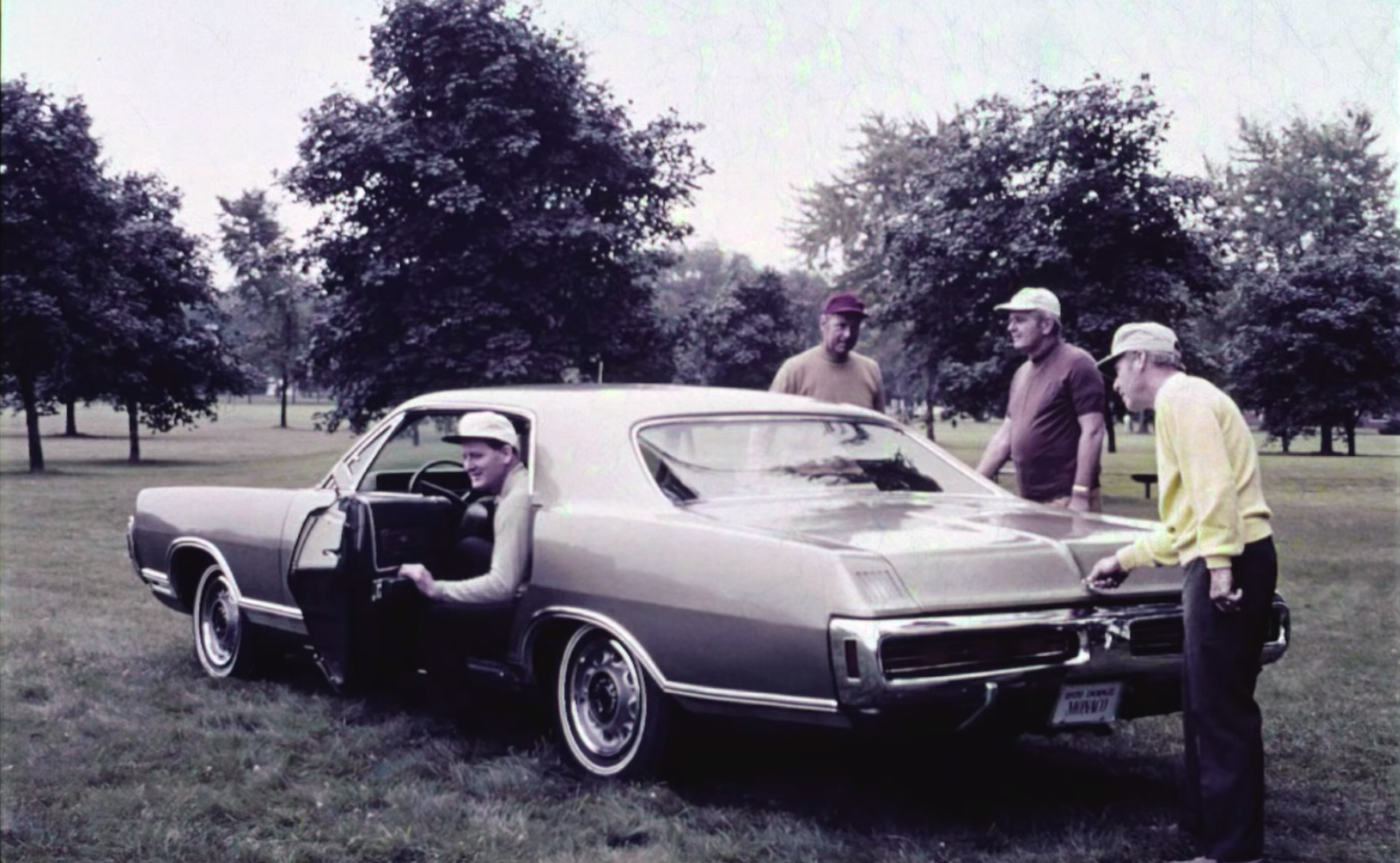
There was a point to all this wooden conversation and excess detail, though. These anecdotes gave salespeople a few tricks to get the more technical details of the car into conversation with prospective buyers. Before the internet, car salespeople really needed to know the ins and outs of their products because customers were relying on them for this information. That's why the second half of the video is dedicated to laying out the various paint and trim options available, complete with a quiz at the end.
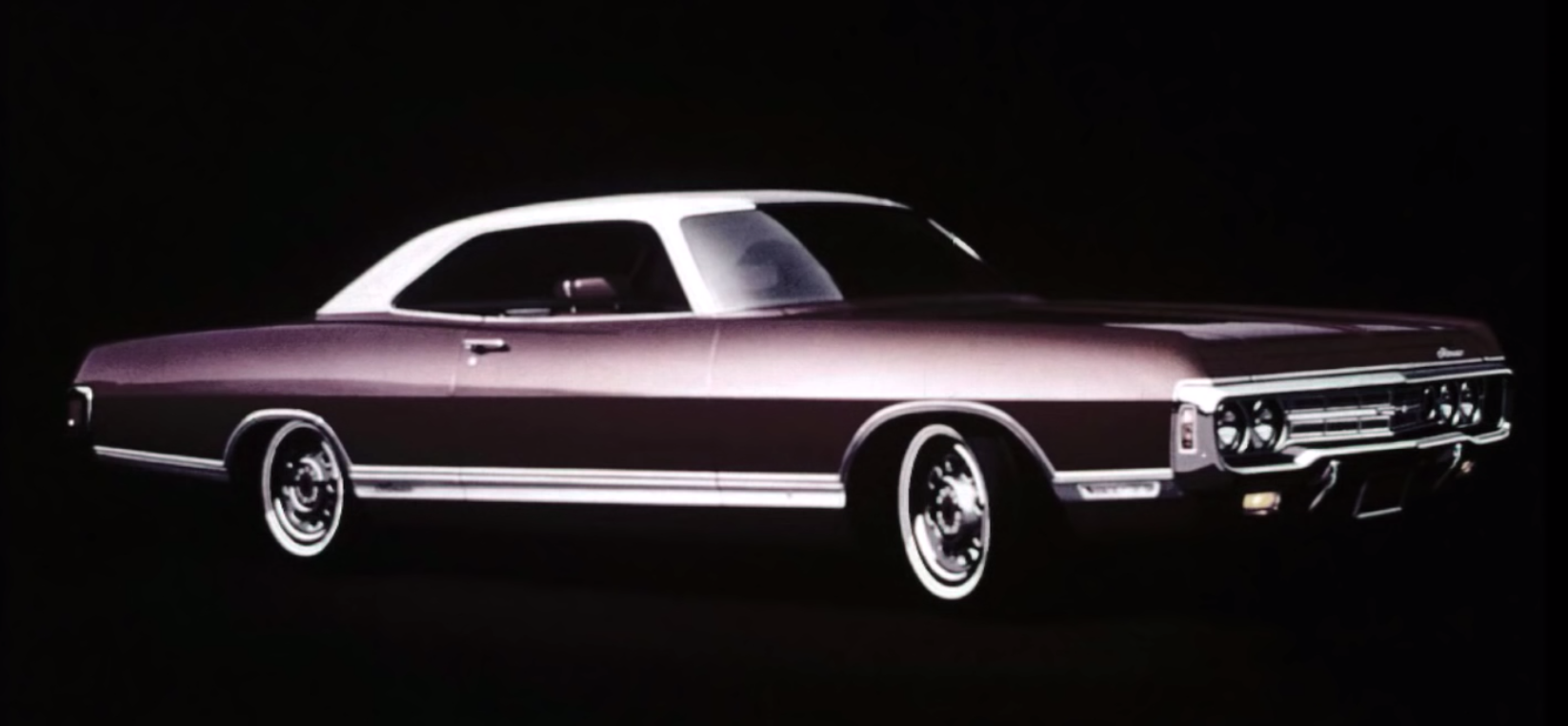
Salespeople (and the manufacturers as well) didn't want to waste any time sharing all that detail with someone who wasn't really interested, or who wasn't the customer they wanted to see in their cars. That's where these films came in. The narrative didn't just give salespeople a way to remember what they were selling and how to sell it, but also who they should look for as customers.
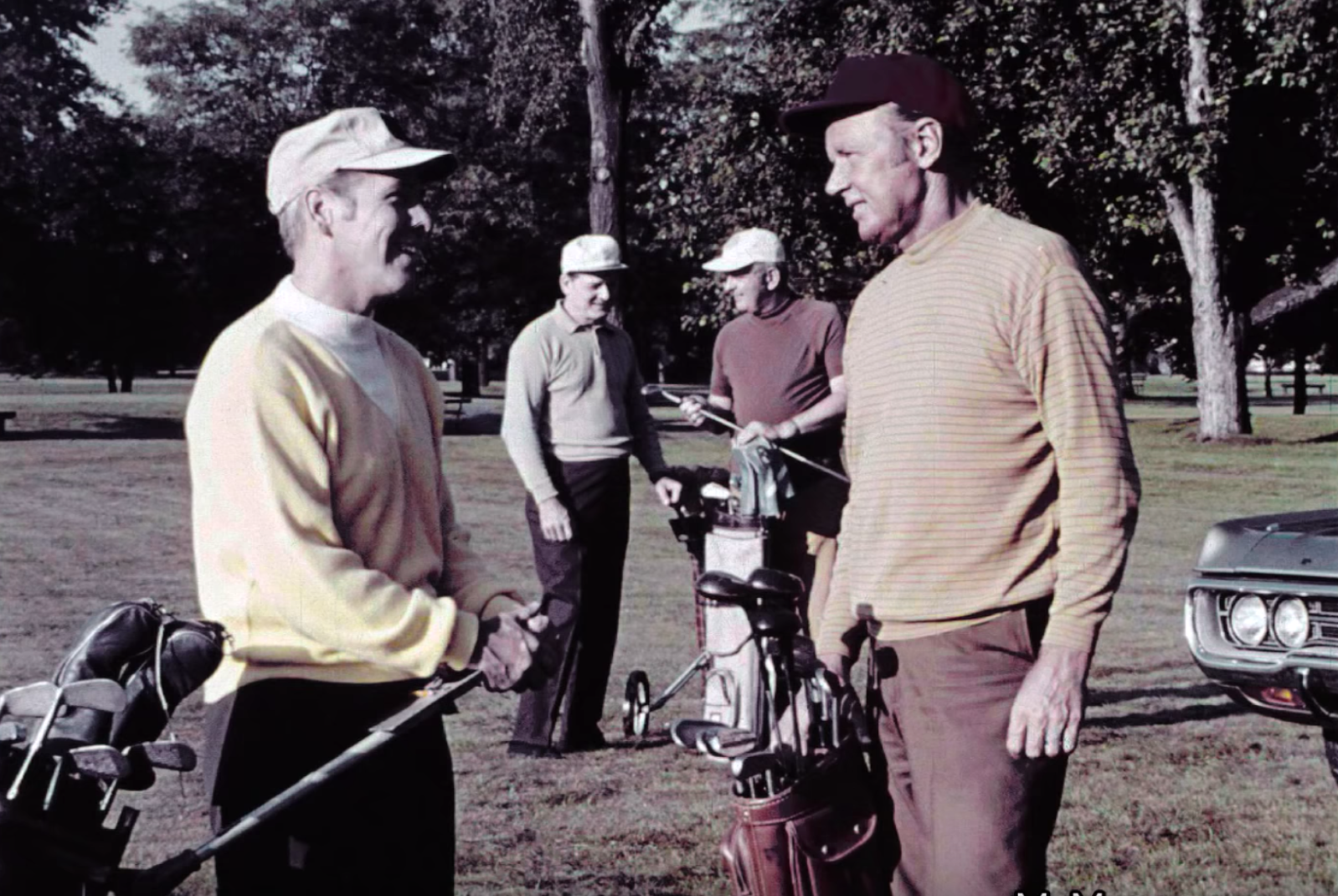
Jason and his friends all appear to be honorable and wholesome members of their community, eager to share a day off together. But there's something else there. The gang of golfers in the film are all white, upper-middle class suburbanite men. They represent not so much a target demographic as an aspiration, a lifestyle to sell along with the car.
To protect that image, some automakers (like Cadillac) wouldn't just market towards Whites, but would refuse to sell to minorities at all, just to protect the image of exclusivity. There is no evidence that Dodge ever had an express policy of marketing towards white customers in particular, but the image of the ideal Dodge Monaco buyer for 1970 nonetheless remains far from diverse.
